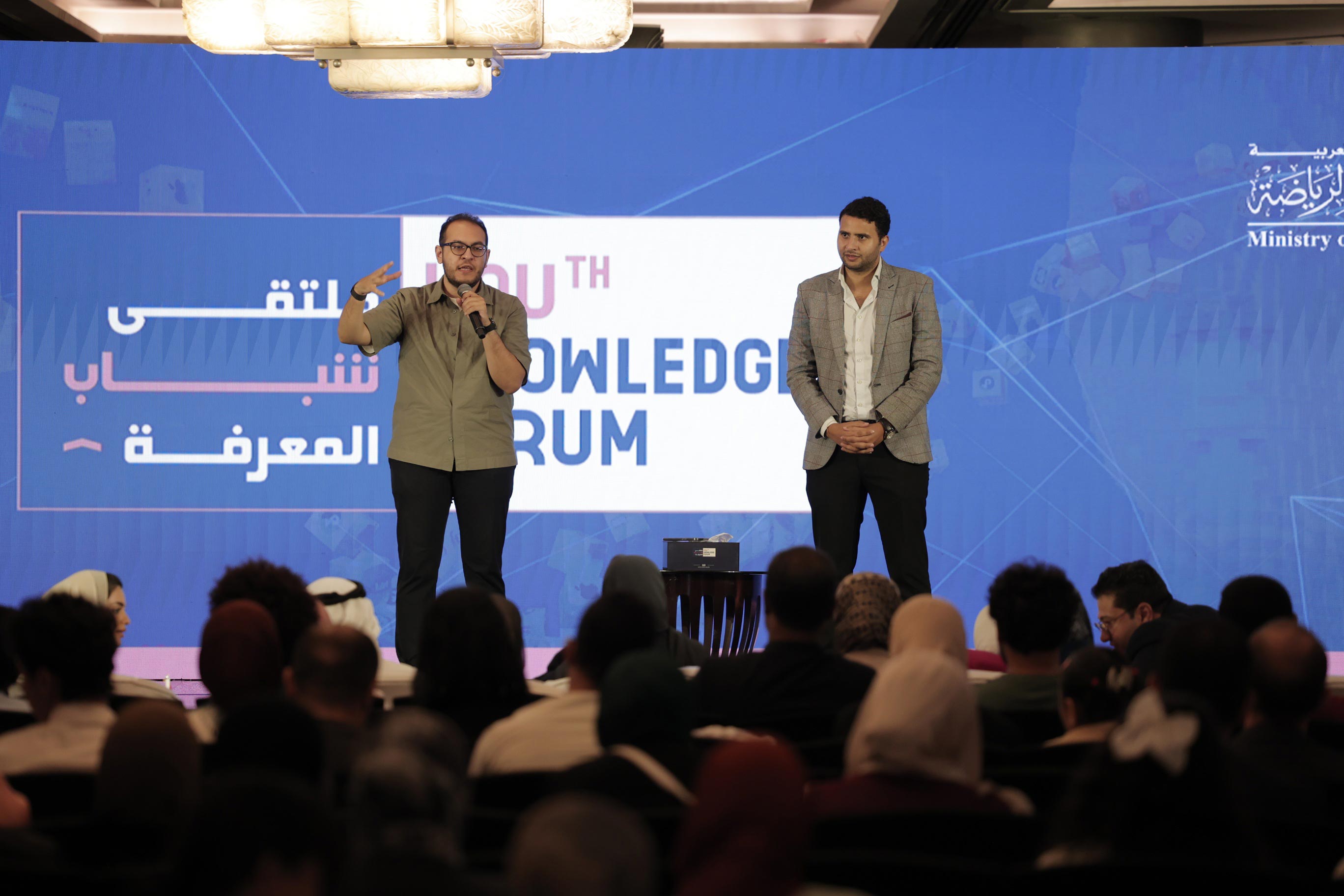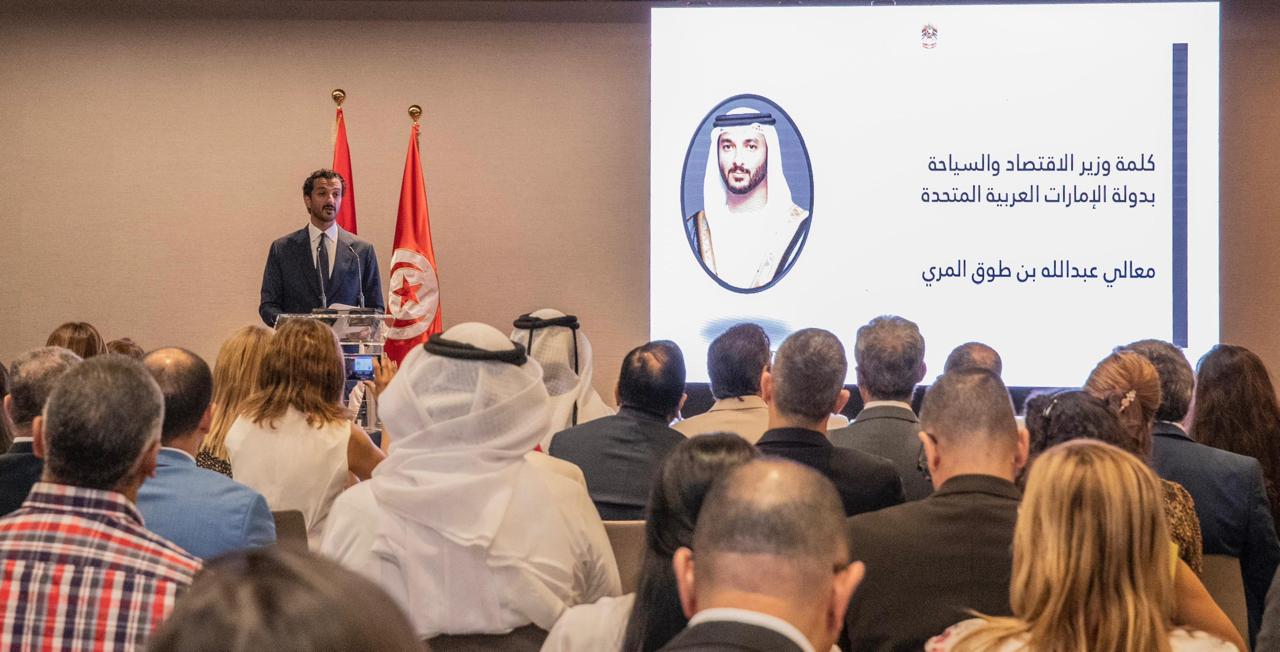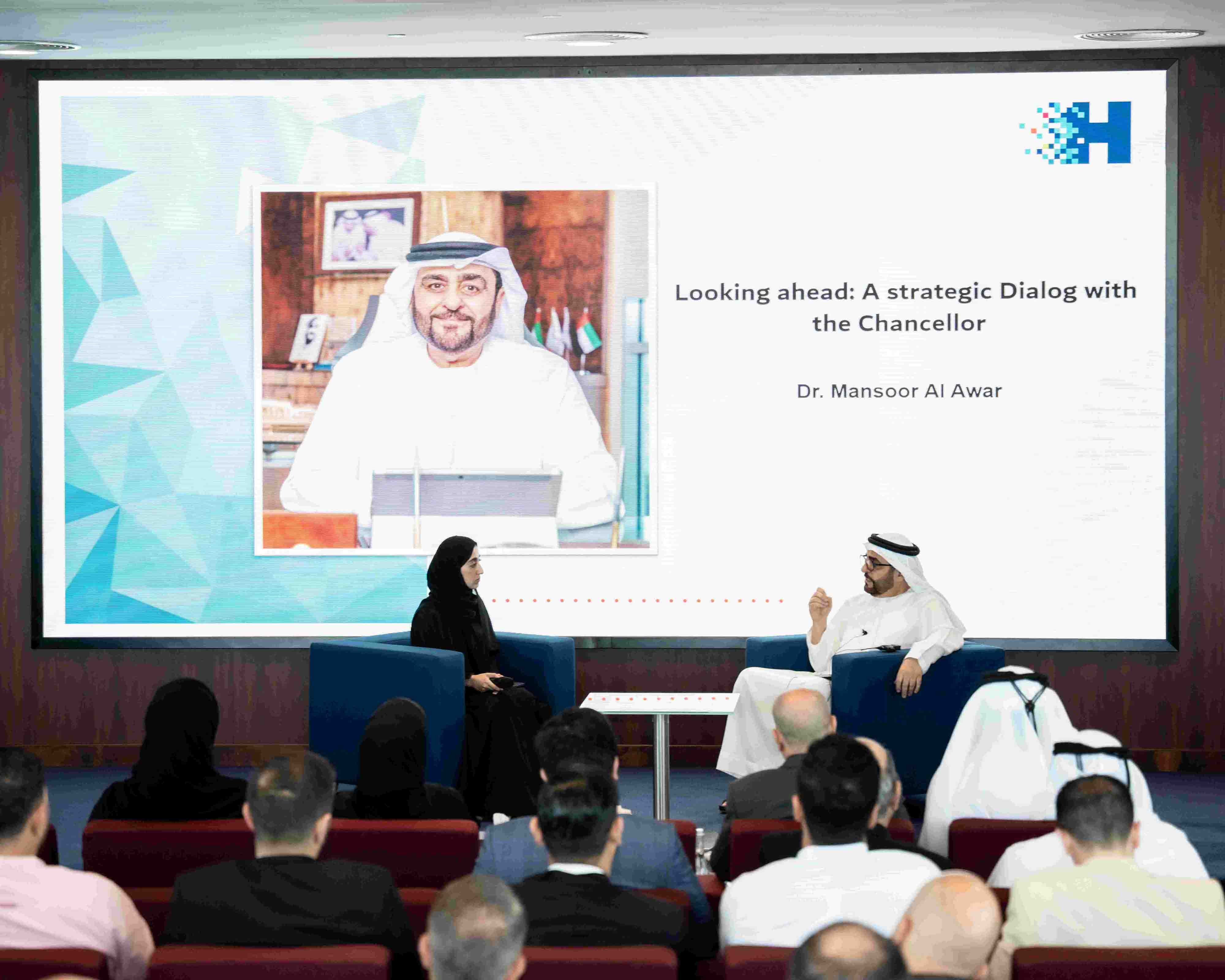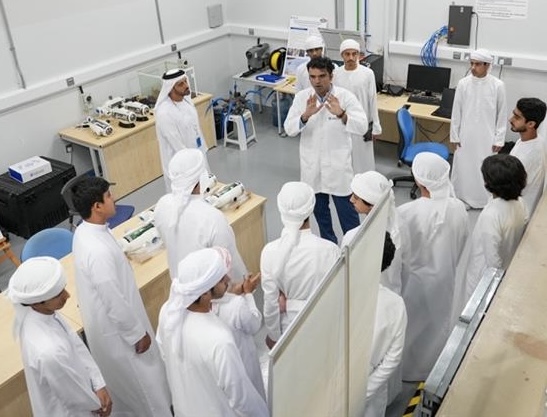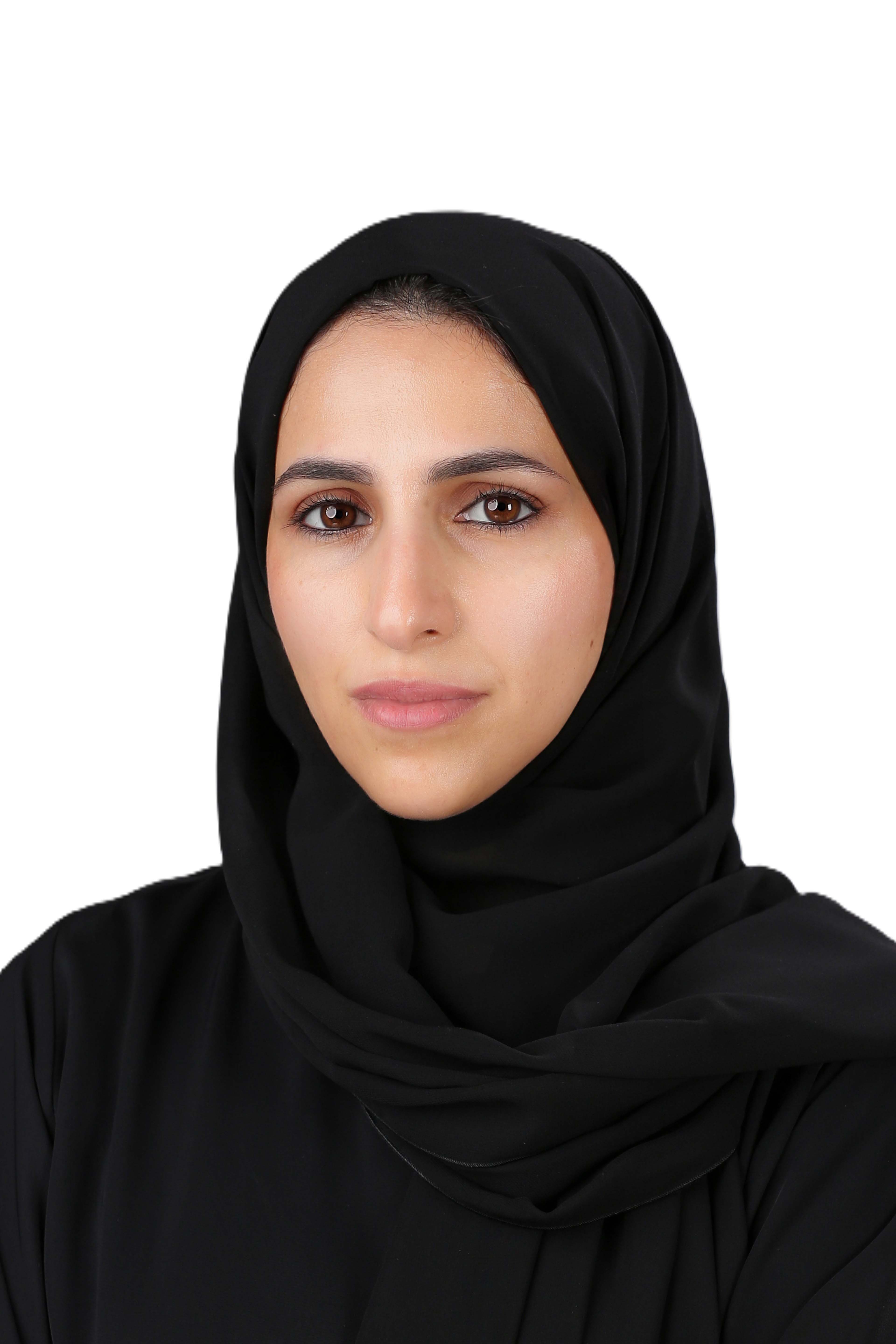Economic Integration Committee reviews digital integration of National Economic Register and strengthening of UAE’s financial and legislative compliance framework
Removal from the European Parliament’s high risk list reflects the effectiveness of UAE’s regulatory systems and full compliance with international AML/CFT standards
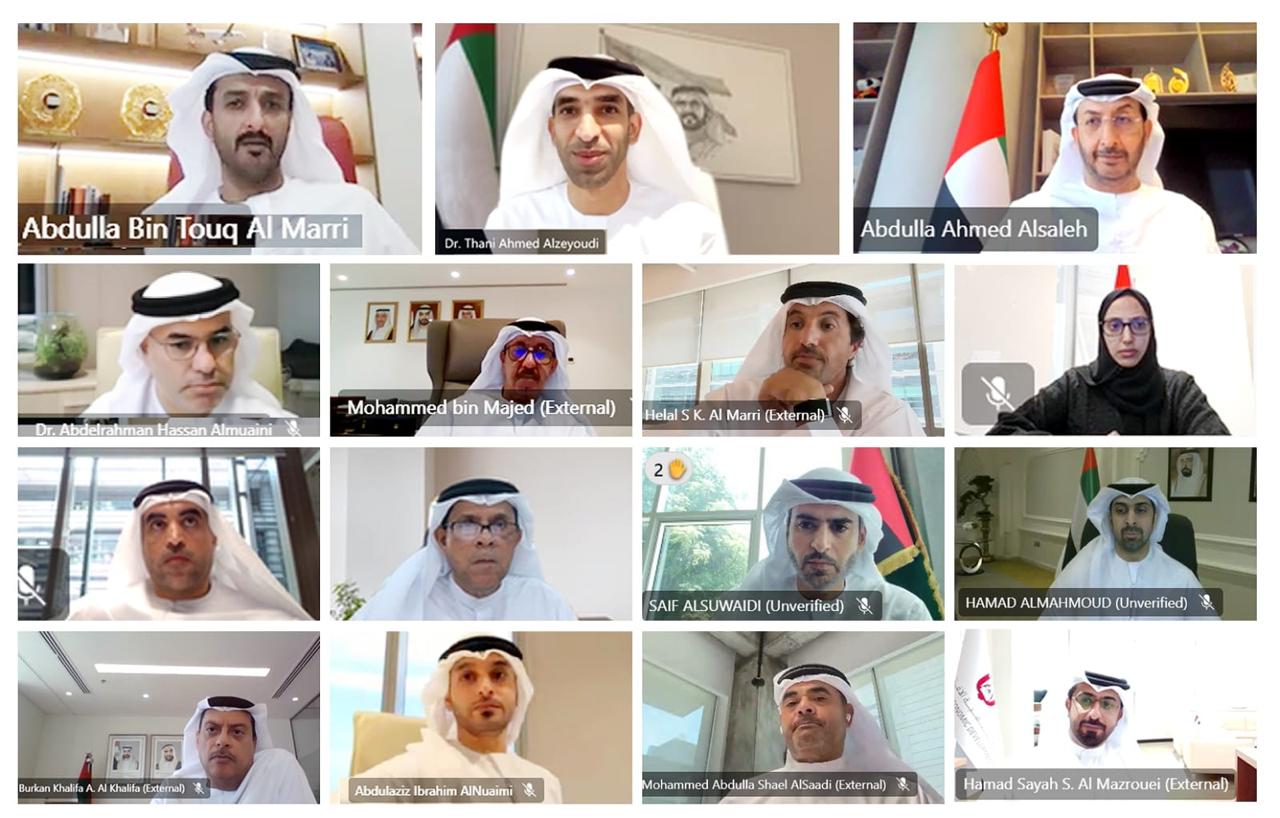
Abu Dhabi, 16 July 2025: The Economic Integration Committee held its fifth meeting of 2025, chaired by H.E. Abdulla bin Touq Al Marri, Minister of Economy and Tourism, along with H.E. Dr. Thani bin Ahmed Al Zeyoudi, Minister of State for Foreign Trade, and directors general of economic development departments from all seven emirates.
The meeting reviewed progress on enhancing the UAE’s regulatory and legislative environment, including the digital integration of the National Economic Register (NER), strengthening compliance among registration authorities, advancing collective management of music copyright, and implementing priority initiatives to prepare for the 2027 FATF mutual evaluation.
H.E. Bin Touq emphasized that the Economic Integration Committee holds regular meetings to coordinate efforts and strengthen institutional integration among the UAE’s economic entities. These efforts support the development of compliance and control tools, safeguard the nation’s economic reputation and international standing, enhance competitiveness, and position the UAE as a global leader in proactive legislation for emerging economic sectors, in line with the ‘We the UAE 2031’ vision.
H.E. said: “The UAE achieved a significant milestone by being removed from the European Parliament’s high-risk third country list, reflecting the efficiency of its regulatory ecosystem and its full adherence to the highest international standards of anti-money laundering and countering the financing of terrorism (AML/CFT). This achievement further strengthens the UAE’s reputation as a trusted and reliable global economic hub.”
H.E. added: “This achievement is the result of sustained institutional efforts by all federal and local entities, enhancing confidence in the national business environment, facilitating financial and commercial transactions with European institutions, and opening up greater partnership and investment opportunities with major global markets.”
Enhancing digital integration of National Economic Register
The Committee reviewed progress on the full digital integration between local licensing authorities and the National Economic Register. A significant number of registrants across the UAE are already integrated, with accurate beneficial ownership data captured, including for complex structures in line with FATF requirements. The system has also been enhanced to cover additional legal arrangements and provide regulatory entities with real-time, accurate data access.
Development of the regulatory and legislative framework for music copyright
The meeting also reviewed progress on strengthening the regulatory framework for collective management of music copyrights, in cooperation with the World Intellectual Property Organization (WIPO). This includes establishing a national task force with representatives from economic, cultural, and media entities, and engaging with local economic development departments to incorporate compliance standards into licensing conditions, thereby protecting authors’ rights and promoting fair-use practices.
The Committee further reaffirmed its commitment to monitoring national efforts to enhance the financial and legislative compliance framework. These efforts aim to foster a safe, transparent, and investment-friendly economic environment, support national entrepreneurship, and improve the UAE’s standing in international indices, aligned with the ‘We the UAE 2031’ vision for global leadership in economic legislation.
-Ends-



